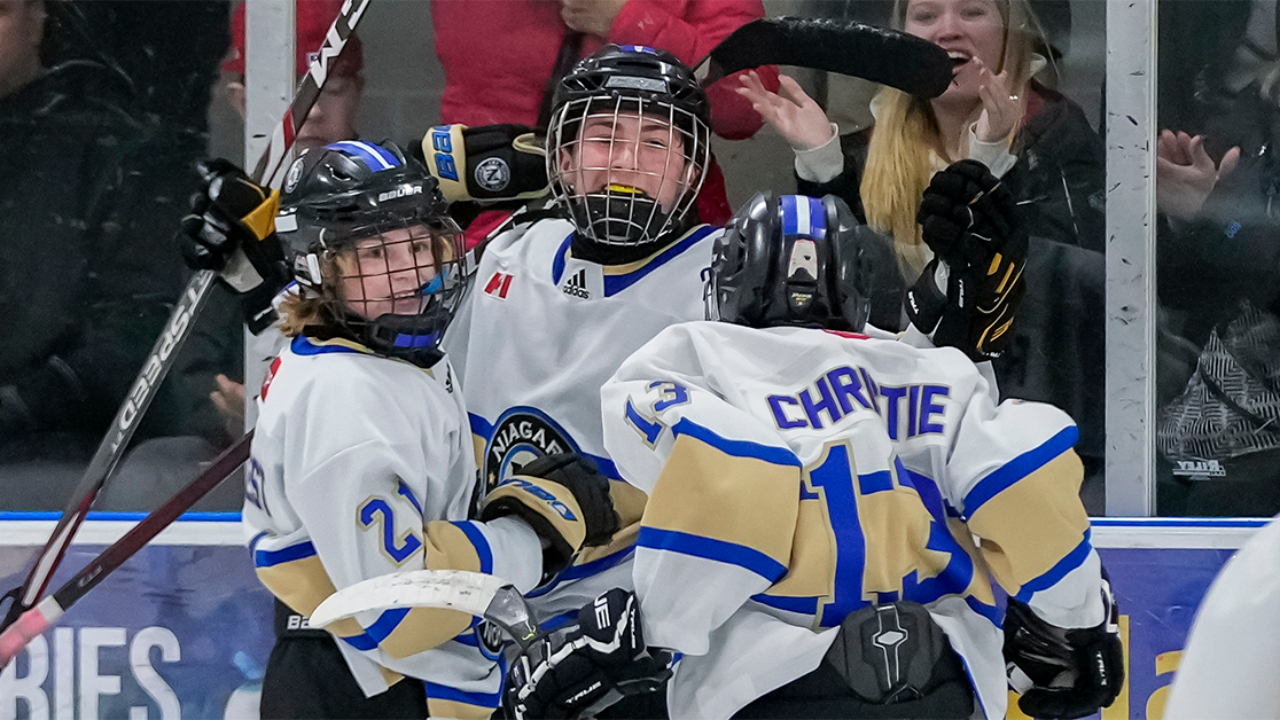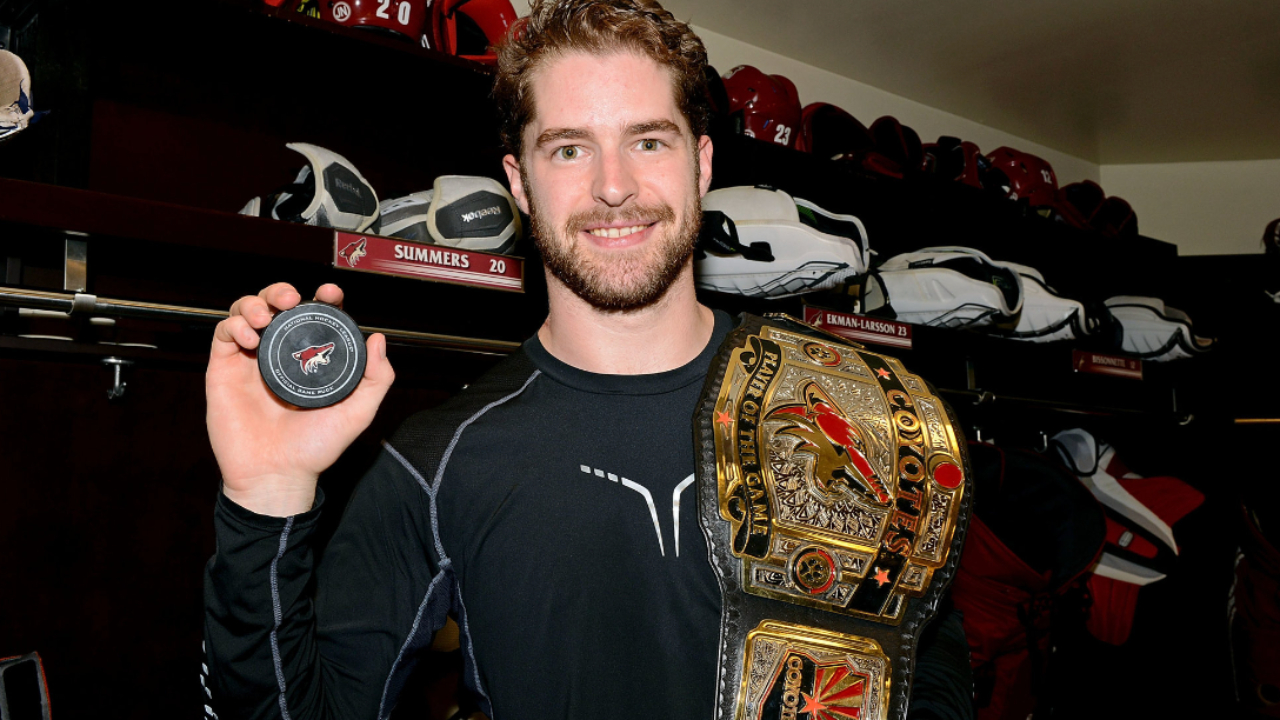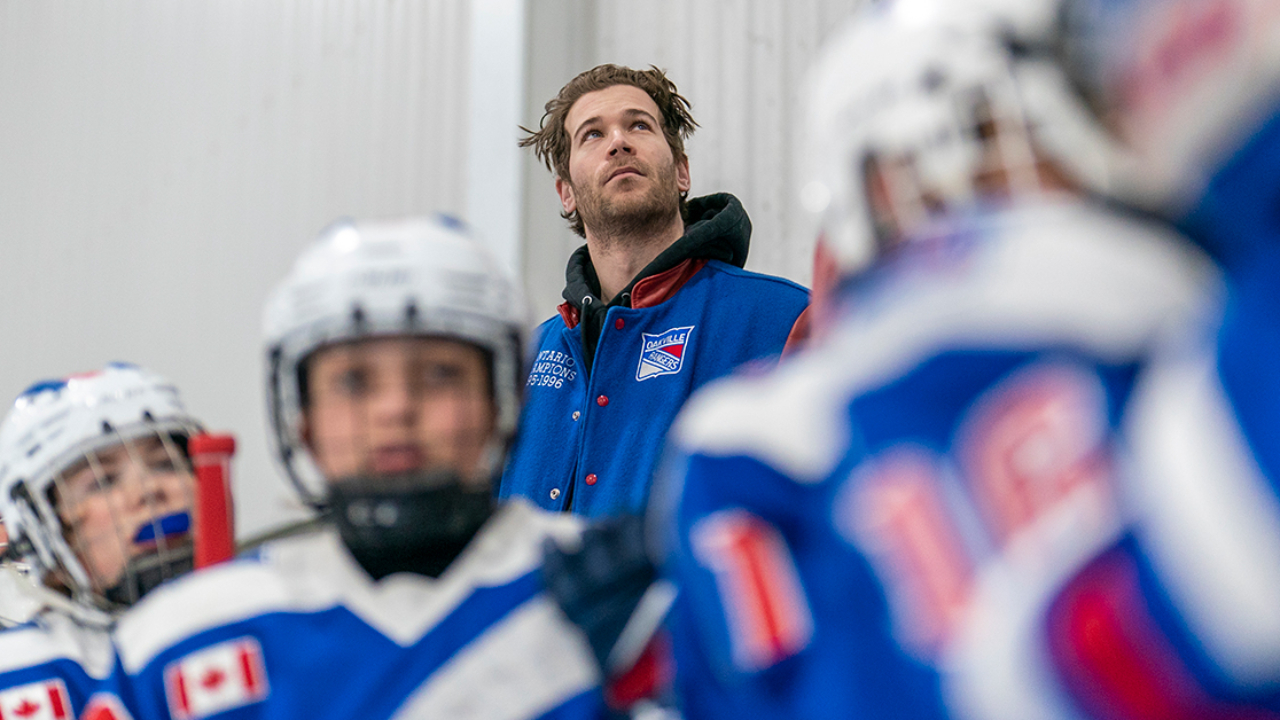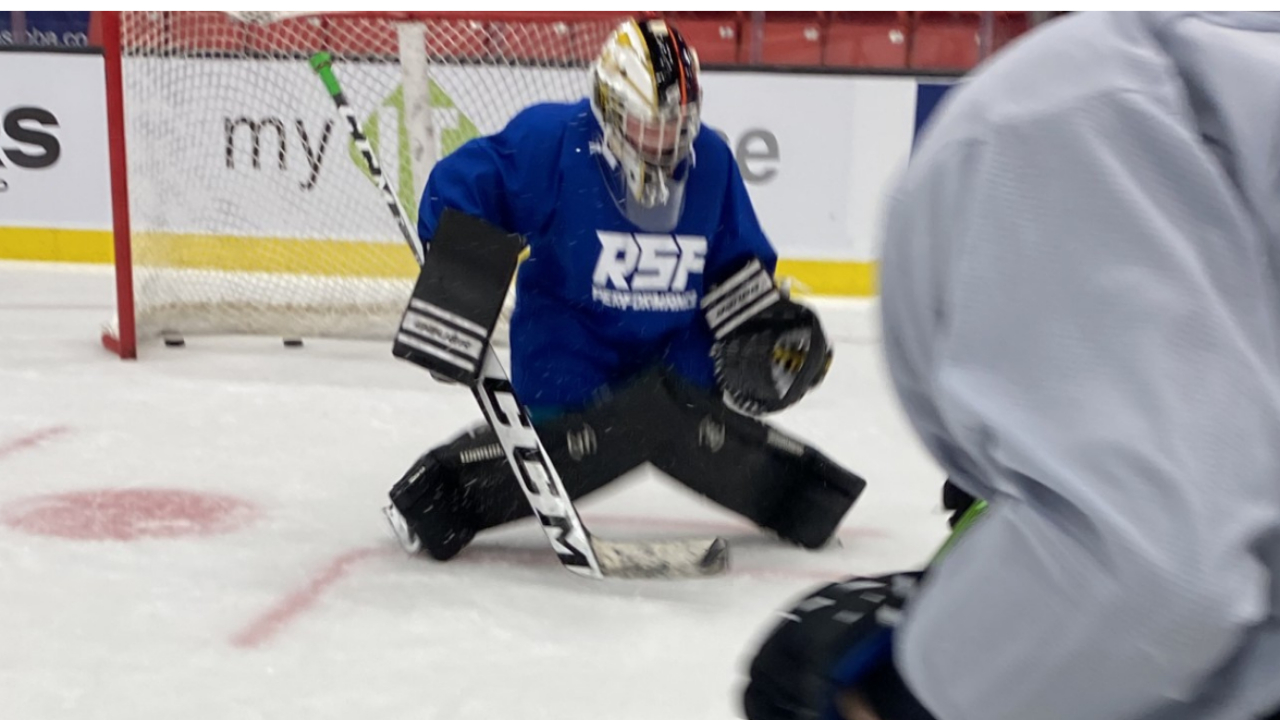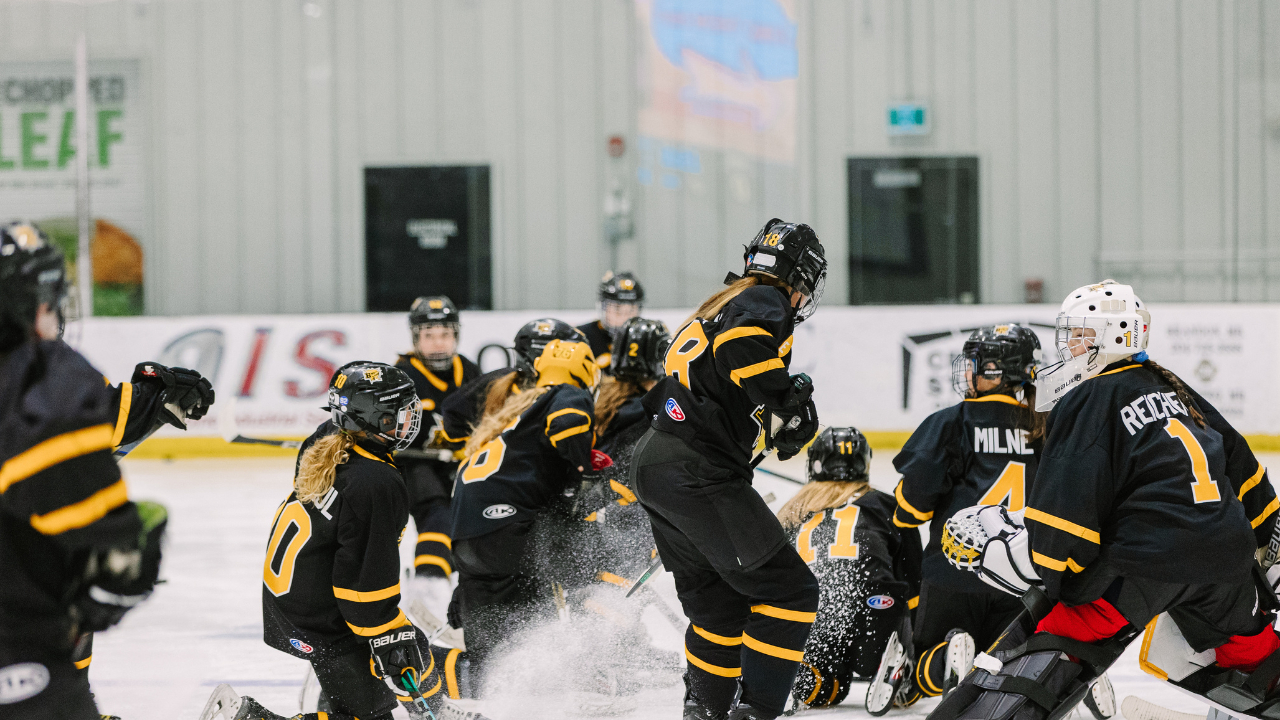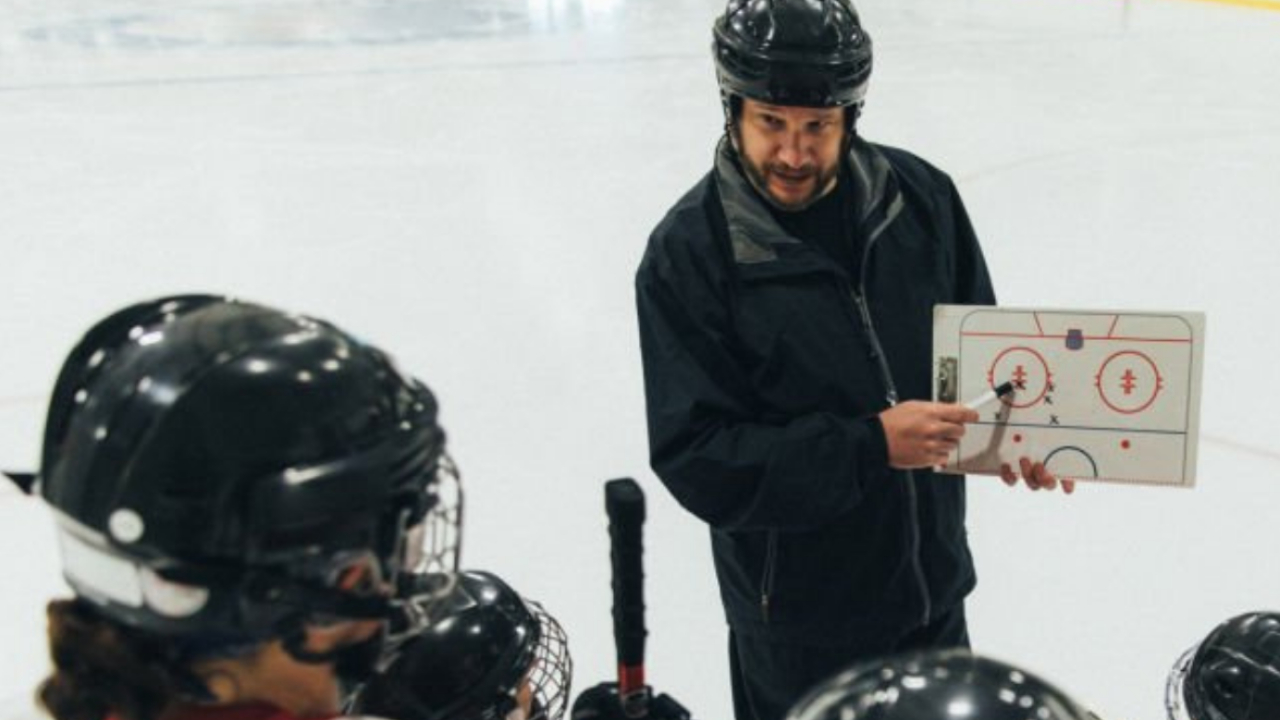
The debate of motivation vs discipline is ever-present. While motivation provides an initial spark, it is a discipline that fuels the long-term engine of team performance. As a coach, I've witnessed firsthand the pitfalls of relying solely on motivational speeches, which, like simple sugars, offer only a temporary boost. To create a team that performs consistently, we must spend most of our attention on creating a fun yet disciplined environment.
The Pitfalls of Solely Relying on Motivation
Motivation can elevate a team's spirit, but its effects are often short-lived.
During a particularly tough season where my team managed only one win in the regular season, I tried various tactics including chalk talk sessions before games, motivational speeches, and pep talks emphasizing "let's just have fun."
While these efforts did boost morale temporarily, to the point the kids were so excited they'd take a penalty 10 seconds into the game, it wasn't a sustainable approach. The problem with relying solely on motivation is that it doesn't address the underlying issues that affect a team's resilience and consistency. Once the initial excitement fades, the team is left without the necessary framework to overcome ongoing challenges.
The Importance of Discipline in Team Performance
Discipline serves as the backbone of consistent performance. It instills a sense of responsibility, encouraging team members to show up, work hard, and adhere to the collective goals. By establishing routines and structures, discipline maintains momentum. This structured approach allows teams to overcome obstacles, maintain focus, and achieve their objectives through sustained effort. Discipline fosters a resilient mindset, preparing teams to handle tough competitions and the challenges they face, ultimately leading to a cohesive and high-performing unit.
Balancing Fun and Structure
While discipline is essential, maintaining a sense of fun within a structured environment can greatly enhance team dynamics. A positive atmosphere allows players to feel more connected and invested in the team's goals. Fun doesn't have to come at the expense of discipline; rather, it can be integrated into the training routines and team activities.
By fostering a supportive environment where players can express their personalities and enjoy the process, you create a culture that values both hard work and enjoyment. This balance encourages team members to remain committed and passionate about their roles, ultimately driving consistent performance and long-term success.
Strategies for Implementing Discipline
Discipline within a team begins with clear communication of expectations and goals. Establish routines that support these objectives and make sure every team member understands their role. Engage the team in the creation of these routines to foster a sense of ownership and commitment. Constructive feedback is crucial, guiding players on how to improve while reinforcing positive behavior.
Accountability is another key element; it encourages players to take responsibility for their actions and contributions. Consistency in enforcing these standards ensures that discipline becomes ingrained in the team's culture. Utilize team meetings, practice sessions, and one-on-one discussions to reinforce the importance of discipline and to address any issues promptly.
By embedding these practices into the daily routine, discipline becomes a natural part of the team's functioning, driving sustained performance.

